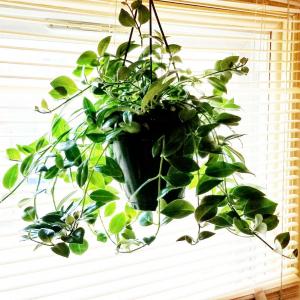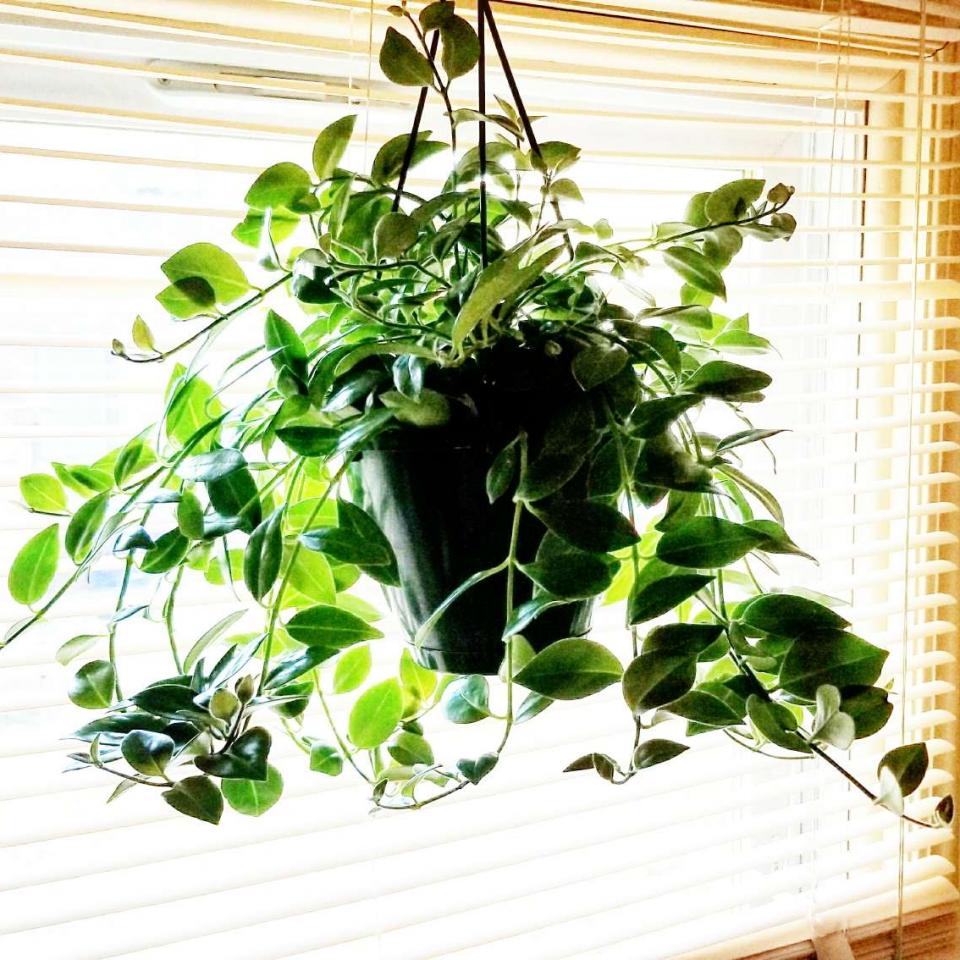植物经验
详细说明
LIGHT
Indoor Lipstick plants require very bright indirect light. Direct sun burns the leaves.
WATER
Lipstick Plants flower more frequently and more abundantly if you allow the top 25% of the soil dry out before watering. If the leaves of a Lipstick plant appear soft and shriveled, give the plant more water. These plants lose green leaves when they are over-watered.
FERTILIZER
Feed Lipstick plants every other week in the spring and summer, and monthly in the fall and winter with a houseplant food high in phosphorous. Always dilute the fertilizer to 1/2 the recommended strength.
TEMPERATURE
Lipstick plants like warm temperatures between 75-85 degrees.
HUMIDITY
Although a Lipstick plant prefers high humidity it still does well in basic household humidity.
FLOWERING
Lipstick plants placed in a bright location produce beautiful, small, reddish orange flowers throughout the year. Stressing a Lipstick plant by allowing the soil to dry out encourages it to bloom. Lipstick plants placed in a bright location produce beautiful, small, reddish orange flowers throughout the year. Stressing a Lipstick plant by allowing the soil to dry out encourages it to bloom. Lipstick plants placed in a bright location produce beautiful, small, reddish orange flowers throughout the year. Stressing a Lipstick plant by allowing the soil to dry out encourages it to bloom.
PESTS
Mealy Bugs, spider mites, Aphids, and thrips are houseplant pests that attack Lipstick plants. Examine your plant every time you water to catch insect problems early.
DISEASES
Lipstick Plants can develop fungal plant diseases when in an area of high humidity.
SOIL
Use a basic well-aerated houseplant mix that drains quickly for Lipstick plants.
POT SIZE
Keeping Lipstick plants in small pots helps them produce more flowers. When you put a Lipstick plant in a large container, instead of producing flowers it grows more leaves.
PRUNING
Trim the long vines to prevent a Lipstick plant from becoming thin and straggly.
PROPAGATION
Lipstick Plants are easily propagated using 4” stem tip cuttings from the newest vines.
Indoor Lipstick plants require very bright indirect light. Direct sun burns the leaves.
WATER
Lipstick Plants flower more frequently and more abundantly if you allow the top 25% of the soil dry out before watering. If the leaves of a Lipstick plant appear soft and shriveled, give the plant more water. These plants lose green leaves when they are over-watered.
FERTILIZER
Feed Lipstick plants every other week in the spring and summer, and monthly in the fall and winter with a houseplant food high in phosphorous. Always dilute the fertilizer to 1/2 the recommended strength.
TEMPERATURE
Lipstick plants like warm temperatures between 75-85 degrees.
HUMIDITY
Although a Lipstick plant prefers high humidity it still does well in basic household humidity.
FLOWERING
Lipstick plants placed in a bright location produce beautiful, small, reddish orange flowers throughout the year. Stressing a Lipstick plant by allowing the soil to dry out encourages it to bloom. Lipstick plants placed in a bright location produce beautiful, small, reddish orange flowers throughout the year. Stressing a Lipstick plant by allowing the soil to dry out encourages it to bloom. Lipstick plants placed in a bright location produce beautiful, small, reddish orange flowers throughout the year. Stressing a Lipstick plant by allowing the soil to dry out encourages it to bloom.
PESTS
Mealy Bugs, spider mites, Aphids, and thrips are houseplant pests that attack Lipstick plants. Examine your plant every time you water to catch insect problems early.
DISEASES
Lipstick Plants can develop fungal plant diseases when in an area of high humidity.
SOIL
Use a basic well-aerated houseplant mix that drains quickly for Lipstick plants.
POT SIZE
Keeping Lipstick plants in small pots helps them produce more flowers. When you put a Lipstick plant in a large container, instead of producing flowers it grows more leaves.
PRUNING
Trim the long vines to prevent a Lipstick plant from becoming thin and straggly.
PROPAGATION
Lipstick Plants are easily propagated using 4” stem tip cuttings from the newest vines.
花相册 (1)

brielle
2017年10月28日

This is my first growing diary.







